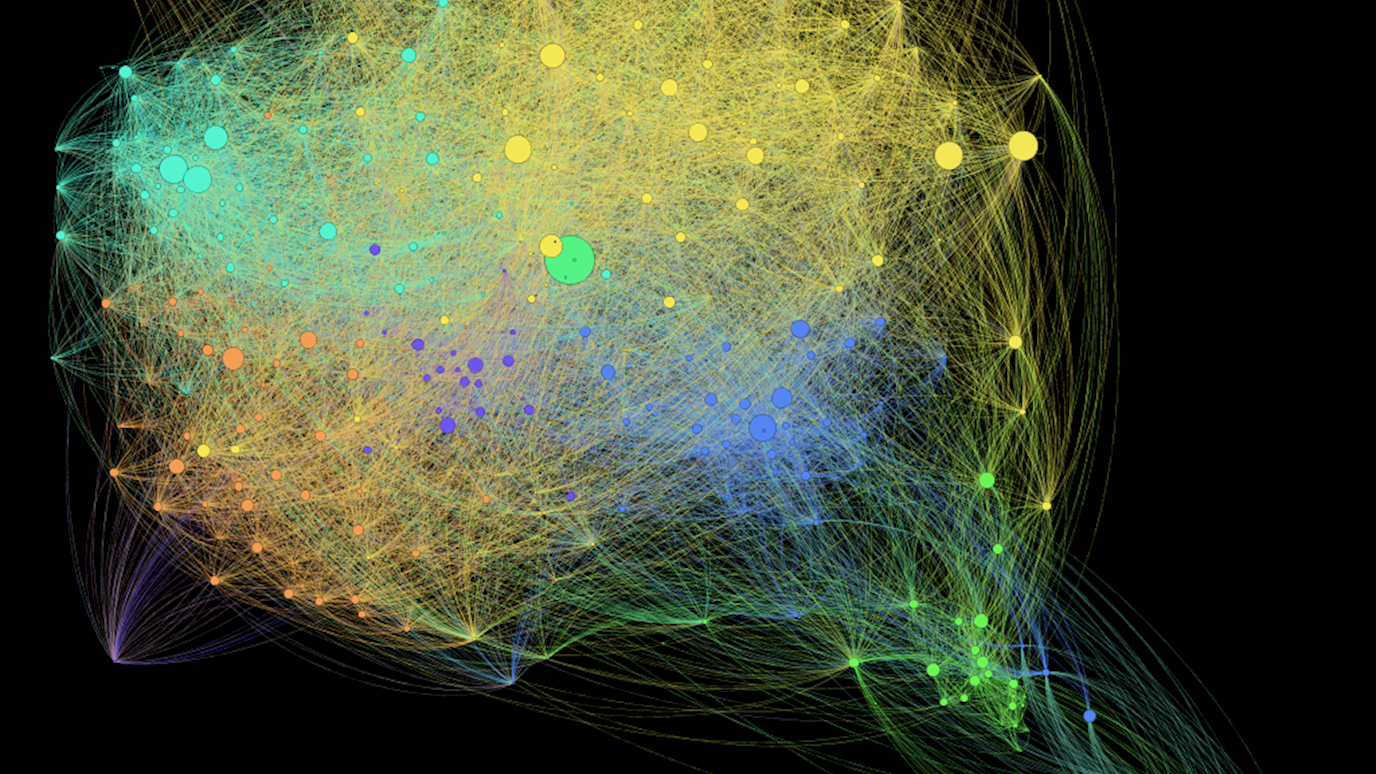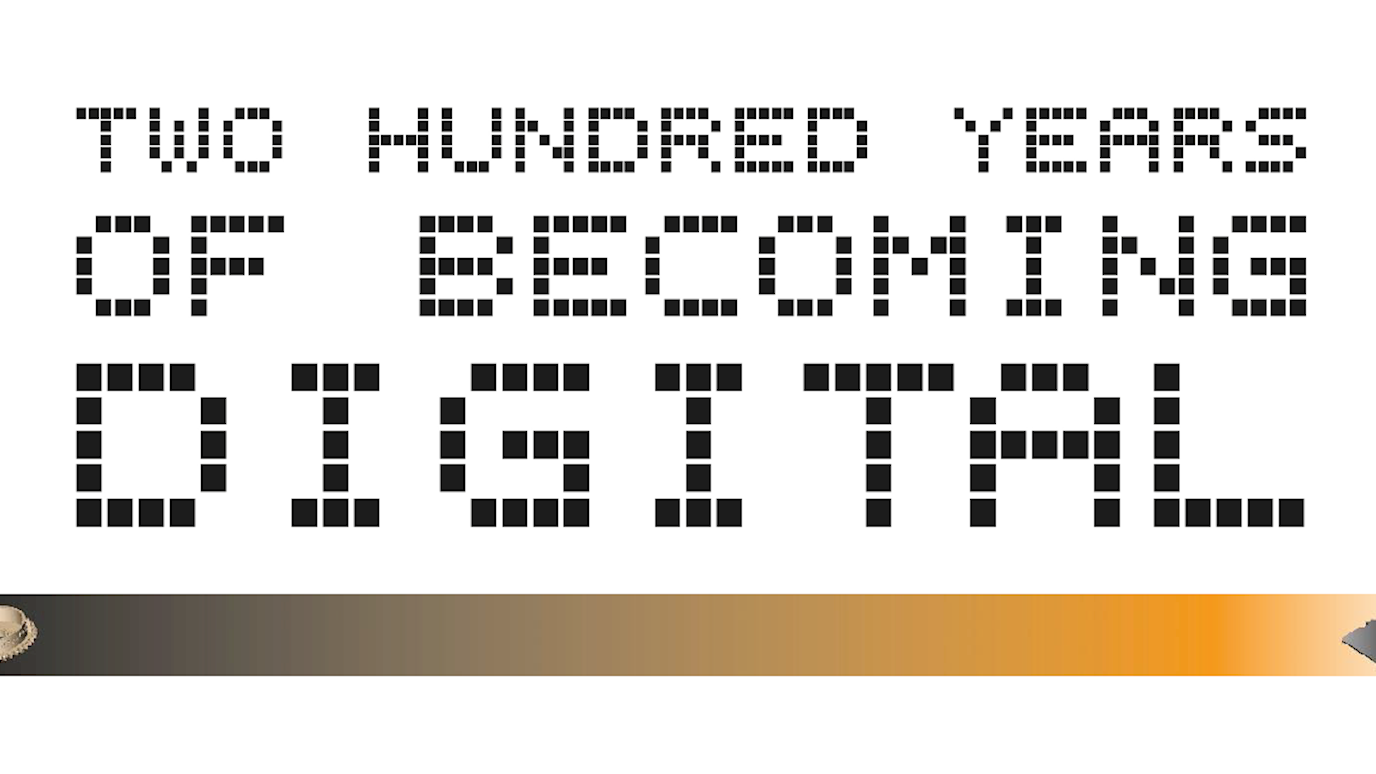Uncovering Colossus
Abstract
In the early 1970s I began a study of the work of Charles Babbage’s earliest successors – having stumbled on the work of the Irish pioneer Percy Ludgate – and began to plan an overall historical account of the origins of the digital computers. I investigated the late Alan Turing's work, and learnt about a highly secret programmable electronic computer that had been developed in Britain during World War II. I revealed that this computer was named Colossus, and had been built in 1943 for Bletchley Park, the UK Government’s code-breaking establishment. I attempted unsuccessfully to get this machine declassified. However in 1974 and 1975, two books ('The Ultra Secret' and 'Bodyguard of Lies') were published about Bletchley Park's war-time work on breaking German messages that had been encrypted using Enigma. These books caused a great sensation, and provided me with an excuse to try again to get the Colossus Project declassified. This led to my receiving official permission to undertake a detailed investigation of the project. As a result I was permitted to reveal for the first time, at the 1976 Los Alamos Conference on the History of Computing, the work led by T. H. (Tommy) Flowers at the Post Office Dollis Hill Research Station on the construction of a series of special-purpose electronic computers for Bletchley Park, machines which all predated ENIAC, an American machine which had until then been regarded as the world's first electronic computer.
Bio
Brian Randell is Emeritus Professor of Computing Science at Newcastle University, where he held the Chair of Computing Science (1969-2001) after several years at IBM’s T.J. Watson Research Center. At Newcastle his research interests have centred on computer system dependability, and the history of computers, his most recent research being on system failure analysis. He is a Fellow of the BCS and of the ACM, was a Member of the Conseil Scientifique of the CNRS, France (2001–05), Chairman of the IEEE John von Neumann Medal Committee (2003–05), and Member then Chairman of the ACM A.M. Turing Award Committee (2005–09). He has received honorary doctorates from the University of Rennes, and the Institut National Polytechnique of Toulouse, France, and received the IEEE Emanuel R. Piore 2002 Award for his contributions to computer system dependability research.























